About 40,000 real estate brokers are certified.
According to the Vietnam Real Estate Brokers Association, the 1993 Land Law, issued 30 years ago, allowed easier transfer of land use rights, contributing to laying the first foundation for the formation and development of the Vietnamese real estate market.
In 2006, the Vietnamese National Assembly passed the first Law on Real Estate Business, which included provisions relating to investment, creation, purchase, sale, transfer of real estate and real estate service business activities. From this time, the real estate brokerage profession in Vietnam was born, recognized, and the legal status of brokers was clearly established. At the same time, this activity became more open when the Law on Real Estate Business was promulgated by the National Assembly in 2014.
After nearly 20 years of formation and development, the real estate brokerage force has made many extremely important contributions to the strong development of the real estate market in particular and the economy in general. Through this intermediary force, hundreds of thousands of transactions with a value of millions of billions of VND have been connected and implemented each year.

Brokers have helped the real estate market operate more smoothly.
However, with the increasingly "hot" development of the real estate market, the role of Real Estate Brokers is increasingly appreciated, with increasingly strict requirements.
Besides brokers who operate without a practice certificate, have poor qualifications, capacity, and legal knowledge, more and more brokers are realizing the importance of improving their skills, knowledge, and obtaining a real estate brokerage practice certificate. They truly want to provide information, support transactions, and create an effective and fair trading environment for both buyers and sellers.
VARS research data shows that, up to now, the whole country has only about 40,000 real estate brokers who have been granted practice certificates. Although the number of actual activities is greater, they have undergone professional training in a systematic way, have participated in real estate brokerage knowledge training courses, and are ready to take the qualifying exams, they do not have certificates simply because there are no "slots" for the exam.
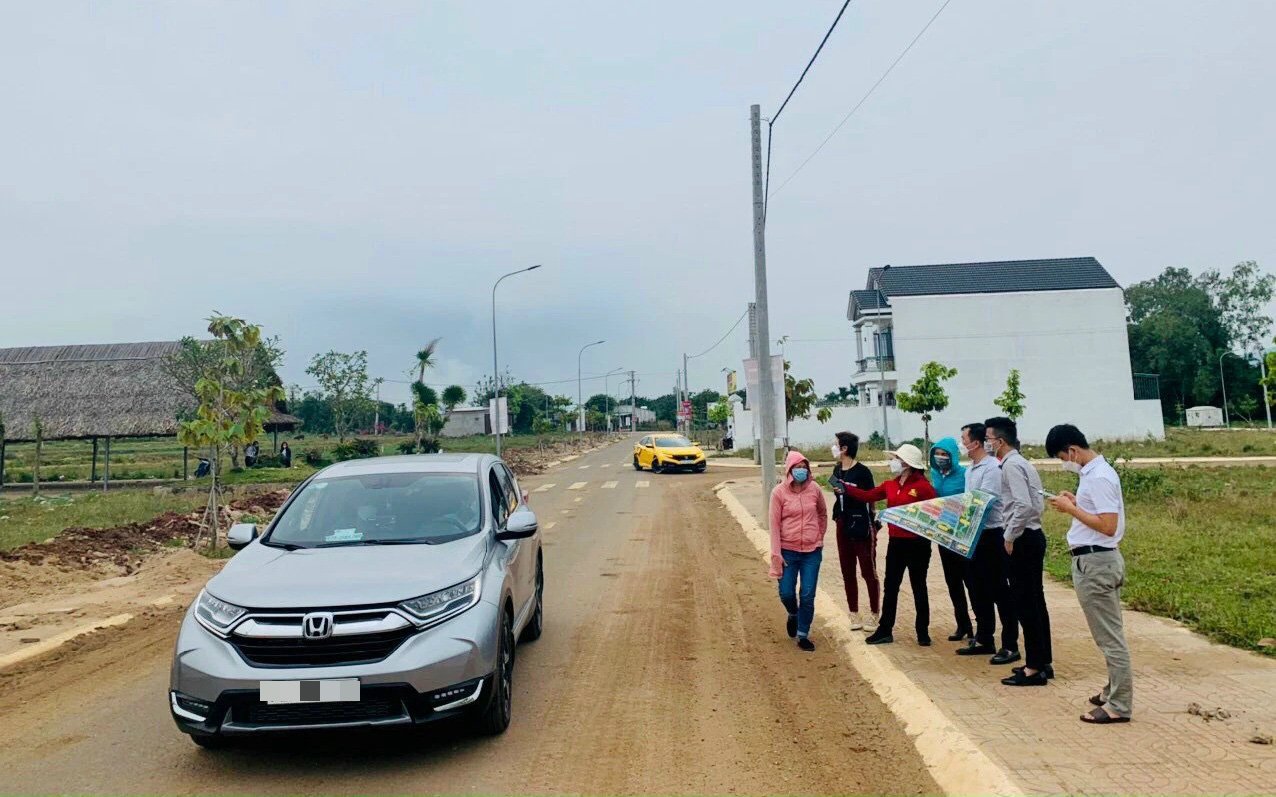
Many brokers have been in the market for a long time but do not have certificates due to lack of exam "slots".
Previously, according to the provisions of the 2014 Law on Real Estate Business, the Department of Construction of provinces and centrally-run cities was responsible for organizing the examination and granting certificates.
However, in reality, in the past 10 years, some localities have been interested in implementing it, but the number of times and quantity is very limited. The rate of real estate brokerage practice certificate exams organized is still too small compared to the demand. For example, in Hanoi, the locality has tens of thousands of real estate brokers operating but only organizes 2-3 times a year, with about 2-3 thousand candidates participating. Even in large markets like Ho Chi Minh City, a similar situation is recorded.
Even many regions and localities have a great need for certificates but do not organize them because of lack of resources, experience, expertise, fear of mistakes,...
Need to consider the need for a brokerage certification exam
According to VARS data, only about 15 localities out of 63 provinces and cities nationwide organize real estate brokerage certification exams. In response to this situation, the 2024 Real Estate Business Law has been passed with new regulations on the method of organizing exams and granting brokerage practice certificates.
Specifically, according to the new Law on Real Estate Business, the Ministry of Construction will be the agency that organizes the examination and issues the certificate. In addition to delegating the responsibility to the Department of Construction to organize the examination and issue the real estate brokerage practice certificate, the Ministry of Construction can assign or authorize a number of units to organize the examination, including the Vietnam Real Estate Association and the Vietnam Real Estate Brokerage Association.
VARS believes that this new regulation is more suitable from the perspective of a national exam to ensure the quality of training and examinations, avoiding negative consequences. Through reviewing the examination needs, the exams will be planned to be organized on a corresponding scale. Practitioners must have a serious attitude in preparing legal knowledge as well as undergo serious training and testing to be able to pass the real estate brokerage certificate exam.
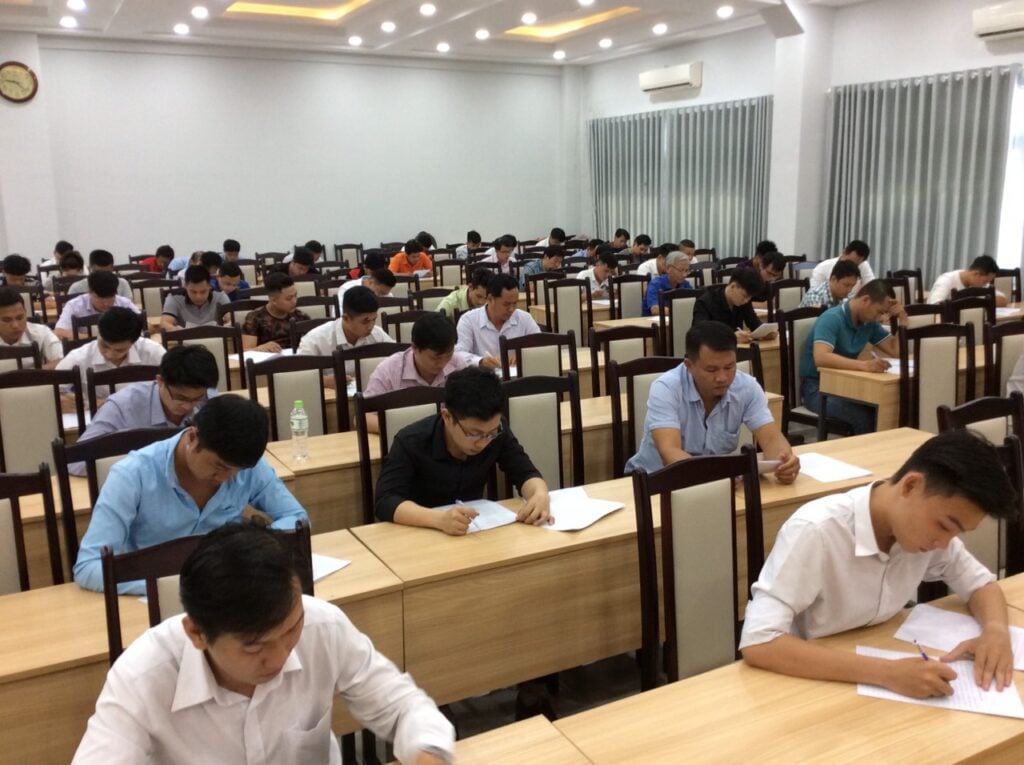
VARS believes that exams should be strengthened according to actual needs.
VARS believes that in the coming time, with regulations enhancing the role and legal constraints of brokers in transactions, brokerage activities will become more organized, formal and professional, there will be more genuine real estate brokers, building a professional real estate service market, contributing to promoting the development of the Vietnamese real estate market in general. At the same time, gradually changing society's perception of the real estate brokerage profession.
To move towards a professional real estate service market, enhance the position of the brokerage profession, and protect genuine real estate agents, the State management agency also needs to designate an agency to carry out inspection and supervision of legal real estate brokerage practices.
In addition, in order for the State to manage and develop the real estate market effectively and save the national budget, VARS recommends that it is necessary to review and clarify the role of professional associations participating in the process of professional training and practice certificates. Consider assigning the professional social organization of brokers to manage identification codes and participate in advising and supervising members to comply with the law.
Source: https://www.congluan.vn/qua-it-ky-thi-chung-chi-moi-gioi-bat-dong-san-so-voi-nhu-cau-thuc-te-post297658.html



![[Photo] General Secretary To Lam receives King Philippe of Belgium](https://vstatic.vietnam.vn/vietnam/resource/IMAGE/2025/4/1/e5963137a0c9428dabb93bdb34b86d7c)
![[Photo] Close-up of Vietnam's sniffer dog team searching for earthquake victims in Myanmar](https://vstatic.vietnam.vn/vietnam/resource/IMAGE/2025/4/1/d4949a0510ba40af93a15359b5450df2)

![[Photo] President Luong Cuong and King Philippe of Belgium visit Thang Long Imperial Citadel](https://vstatic.vietnam.vn/vietnam/resource/IMAGE/2025/4/1/cb080a6652f84a1291edc3d2ee50f631)
![[Photo] Prime Minister Pham Minh Chinh meets with King Philippe of Belgium](https://vstatic.vietnam.vn/vietnam/resource/IMAGE/2025/4/1/be2f9ad3b17843b9b8f8dee6f2d227e7)


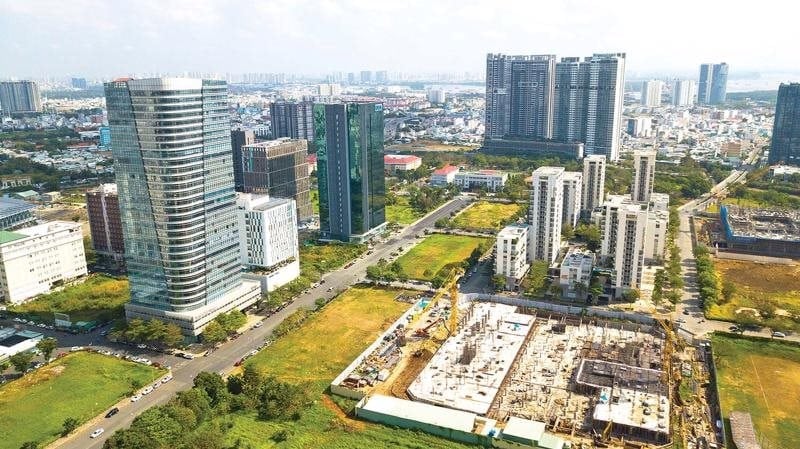

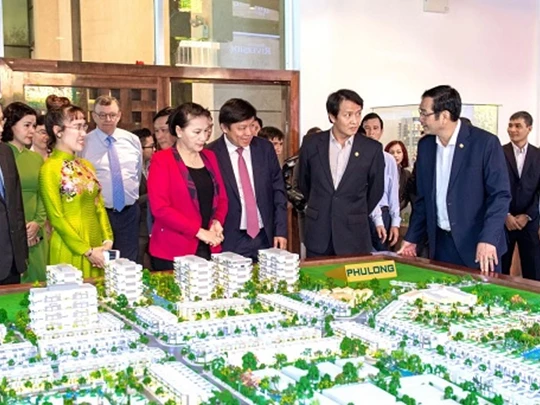

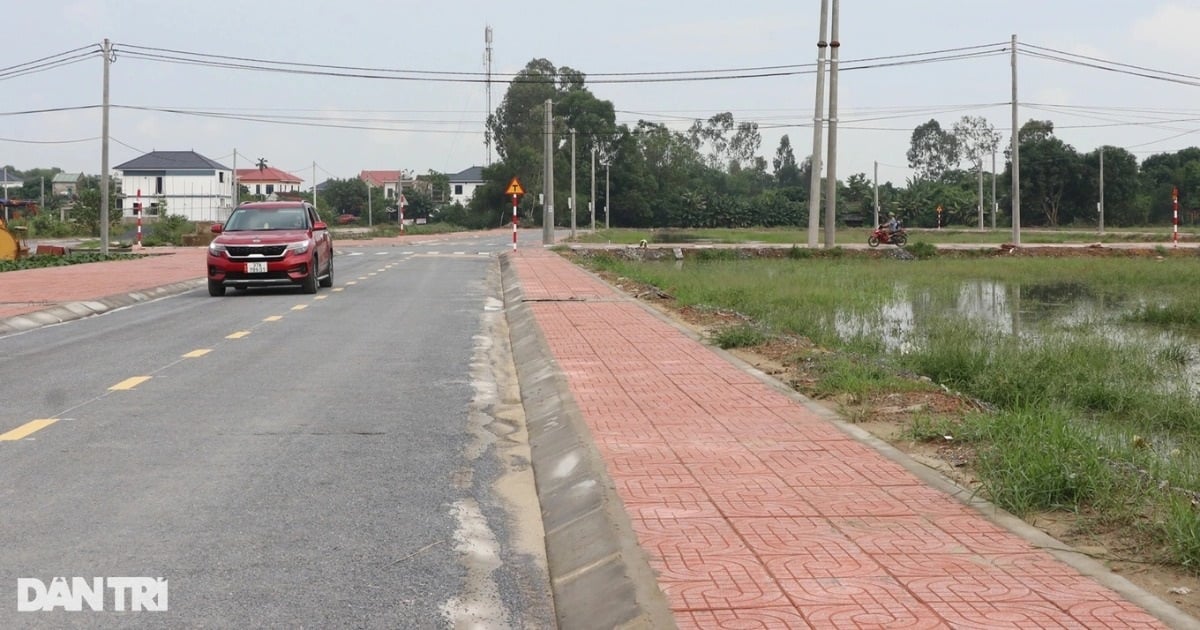


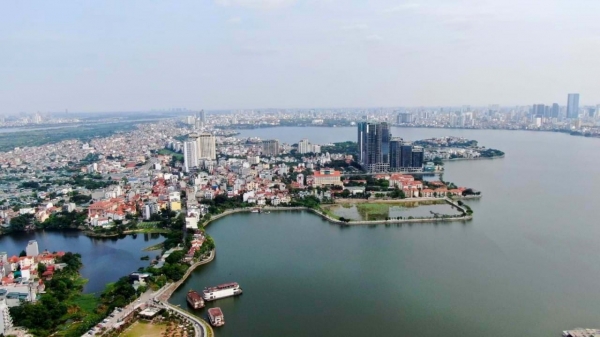

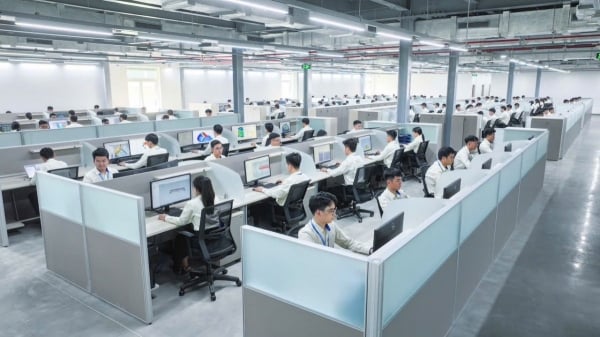


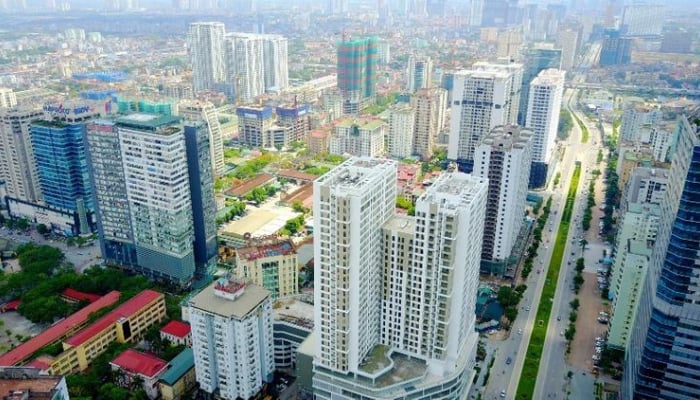

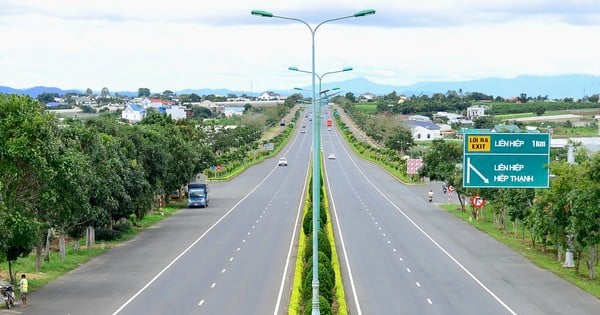





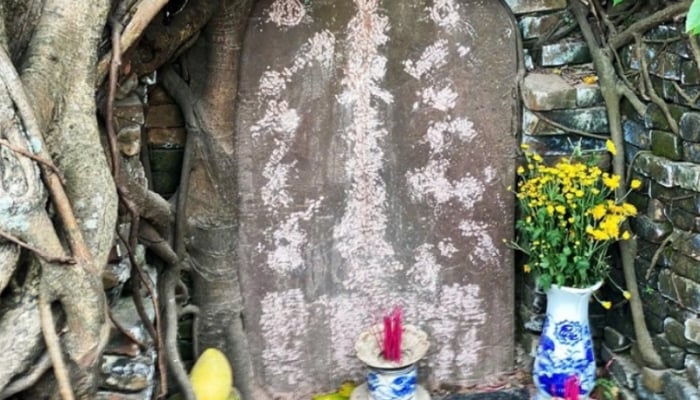
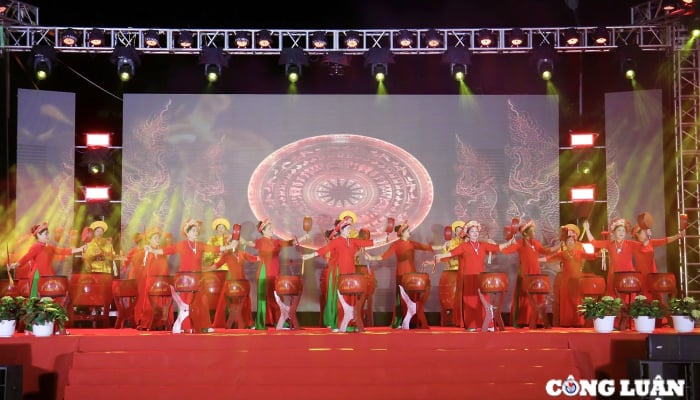
















































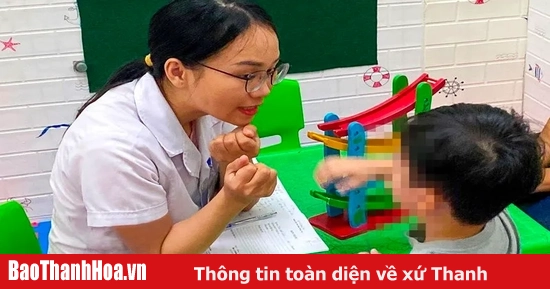








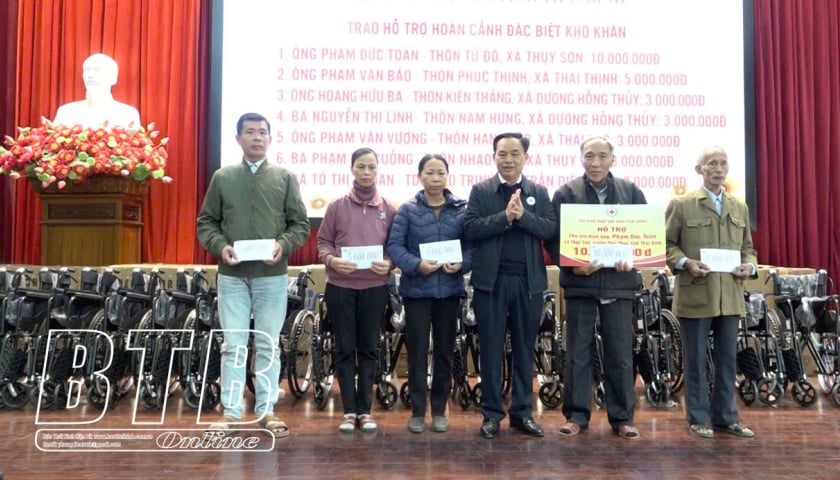












Comment (0)